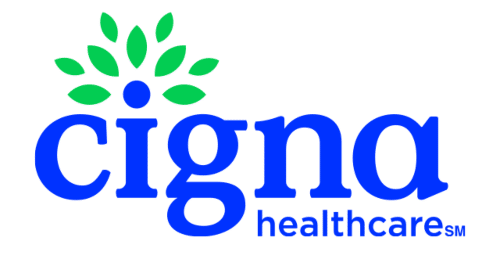Cognitive Behavioral Therapy
Addressing Addiction and Mental Health
Cognitive Behavioral Therapy (CBT) has been demonstrably effective in treating substance use disorders and helping people break free from the cycle of addiction.
CBT is the most common form of psychotherapy that helps people identify and address destructive behaviors and thought patterns. It focuses on challenging intrusive negative thoughts and curbing triggers that can lead to addiction, depression, anxiety, among other things.
CBT is a key component of addiction treatment as it can address underlying causes of addiction and co-occurring disorders such as mood disorders and trauma-related disorders.
Core Principles Behind CBT
The principles behind CBT are based on the notion that our thoughts, emotions, and behaviors are closely connected. We feel, and so we react. When we react, we feel. Hence a cycle, such as the cycle of addiction.
- Negative thoughts create negative emotions
- Negative emotions lead to unhealthy behaviors
- Unhealthy behaviors create negative thoughts
Learning to notice these patterns and address negative thoughts can help break the cycle of negative behaviors.
Types of CBT
Since CBT was created, it has evolved and adapted into many different approaches. These approaches can be widely different, but they all stem from the same core principles that make CBT effective.
- Dialectical Behavior Therapy incorporates emotional regulation and mindfulness, focusing on how things are said in therapy to effectively change thoughts and behaviors.
- Cognitive Therapy addresses problematic and often distorted thinking patterns. Tackling these patterns can improve emotional response to them and behaviors that follow.
- Multimodal Therapy works by addressing 7 different psychological factors: affect, behavior, sensation, imagery, cognition, interpersonal factors, and drug considerations.
- Cognitive Processing Therapy (CPT) that helps recovering peoples learn to challenge unhelpful beliefs that may be related to trauma.
- Rational emotive behavior therapy is an action-oriented approach that focuses on irrational beliefs connected to impactful events that have happened throughout our lives.
Effectiveness of CBT
Cognitive-behavioral therapy is considered the gold standard in drug counseling care, and for good reason. CBT has shown to be effective for a number of conditions.
Meta reviews on studies of CBT for substance use disorders show that roughly 60% of people who’ve undergone CBT have effectively remained sober for 52-weeks after treatment.
Another recent review of 41 studies on CBT found that it generally improves symptoms of depression, anxiety, PTSD, OCD. Additionally, CBT can help improve cognitive function of people struggling with mood disorders like depression.
When we look at the wall of evidence backing CBT, there’s no wonder why it is such a staple in addiction treatment.
Final Thoughts
If you’re looking for drug counseling in the Orange County area, consider a treatment center that values you as a person and can provide the right therapeutic care. Safe & Sound Treatment in Costa Mesa utilizes evidence-backed therapies like CBT to help clients start a lasting recovery.
When you come in to therapy through any of our outpatient treatment programs, be ready to talk about symptoms, emotions, and feelings that are related to your addiction and well-being as a whole. We can promise you a safe space to talk about any past traumas or concerns you have, in a way that you otherwise might not be able to.
Safe & Sound Treatment is here to help you. Please, don’t let yourself struggle with alcoholism or drug addiction any longer. Get proper drug counseling and CBT today.
Mental Health Programs
Therapeutic Services
Contact Us Today
FAQ's
CBT is a form of psychotherapy that focuses on identifying and changing negative or inaccurate thought patterns and behaviors. It helps individuals develop more balanced and constructive ways to respond to challenges.
CBT is effective for treating a variety of conditions, including anxiety, depression, phobias, PTSD, eating disorders, and substance abuse.
CBT is highly structured, goal-oriented, and focused on the present. It involves active collaboration between the therapist and the client to work on specific problems and requires the practice of new skills outside of sessions.
CBT typically involves a limited number of sessions, ranging from 5 to 20, depending on the individual’s needs and the specific issues being addressed.














